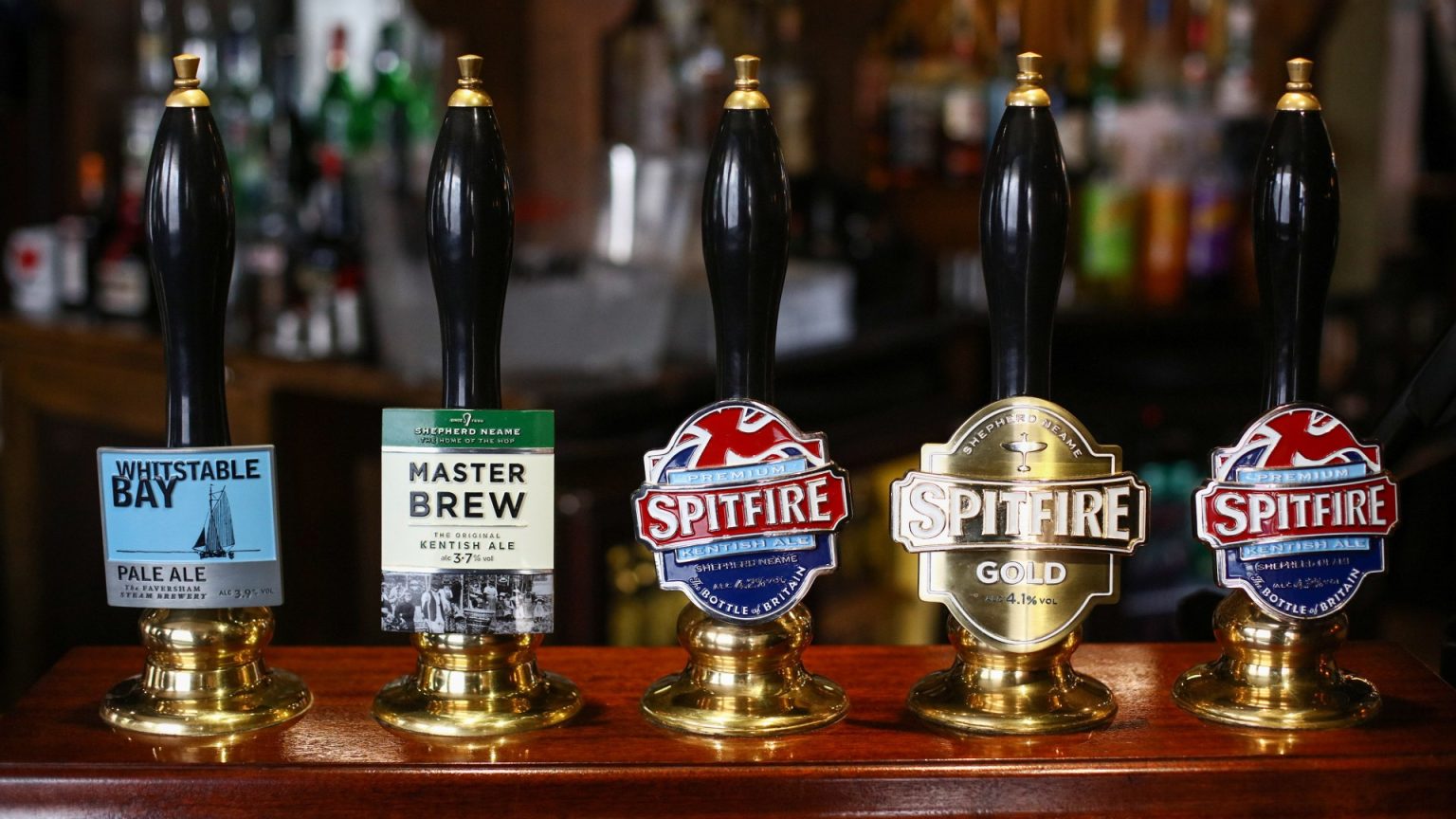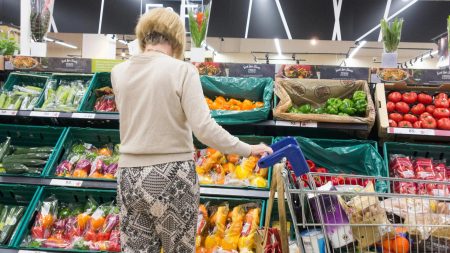The cost of alcoholic beverages in the UK is set to rise, impacting consumers just as “Dry January” comes to an end. This increase is a direct result of the alcohol duty hike announced in the Autumn 2023 budget by then-Shadow Chancellor Rachel Reeves. The duty increase is tied to the Retail Price Index (RPI), which currently stands at 3.6%. Alcohol duty, a tax levied on manufacturers during production, is typically higher for spirits and wine due to their higher alcohol content. This cost is generally passed on to consumers through increased retail prices.
Concurrent with the duty increase is the implementation of a new system that taxes wines and spirits based on their alcohol by volume (ABV). This means that stronger beverages will face a steeper tax increase. For example, a bottle of wine at 14.5% ABV will see a 54p duty increase, while a bottle of gin will see a 32p rise. Although these changes officially took effect on August 1, 2023, the previous government had implemented a temporary flat rate of 12.5% for wines between 11.5% and 14.5% ABV, providing a short reprieve. However, that reprieve has ended, contributing to the current price surge. The Wine and Spirit Trade Association (WSTA) estimates that a 14.5% ABV bottle of red wine has seen a 98p price increase in just 18 months, factoring in the August 2023 duty hikes. Further price increases are anticipated later in the year due to changes in waste packaging recycling fees, estimated to add 12p to a bottle of wine and 18p to spirits.
Despite the general increase in alcohol duty, there is a small silver lining for pub-goers. The duty on draught products is being reduced by 1.7%, effectively taking a penny off a pint. This measure, referred to as “draught relief,” is intended to support the pub industry, a vital component of the UK economy and social landscape. The government emphasizes this relief, alongside initiatives like small producer relief and expanded market access for smaller breweries, as part of a broader plan to boost sector growth and support working people. This draught relief provides a modest counterbalance to the significant duty increases seen over the past 18 months, which were the largest in nearly 50 years. These past increases resulted in a 20% hike in excise duty on over 85% of wines and a more than 10% increase on full-strength spirits in the UK market.
The WSTA has expressed concern over the overall impact of the alcohol tax regime, arguing that higher duty rates lead to reduced consumption, lower Exchequer income, and pressure on both businesses and consumers. They anticipate further price hikes due to the upcoming waste packaging taxes, adding to the financial burden on consumers. The Exchequer Secretary to the Treasury, James Murray, has defended the government’s approach, highlighting the importance of pubs and brewers to the UK economy and emphasizing the draught relief as a measure to support the sector.
The rising alcohol duty has wider implications for the hospitality sector. Pubs, already facing economic pressures, are being forced to raise prices to cope with the changes. Wetherspoons, a popular UK pub chain known for its competitive pricing, has recently increased the price of several drinks and menu items. Drinks have gone up by 15p and meal deals by 30p. While some popular beers like Carling, Budweiser, and Coors remain unaffected, the price of a Guinness and Strongbow has increased. Wetherspoons CEO Tim Martin attributes these increases to the rising costs and hopes that their prices will remain reasonable.
These price hikes coincide with an increase in National Insurance contributions for employers, rising from 13.8% to 15%, and a lowered threshold for these contributions, from £9,100 to £5,000. These additional costs impact businesses across various sectors, including hospitality. Other pub chains, such as Young’s and Mitchell & Butlers, are also considering or implementing price increases to offset these rising costs. The CEO of Young’s anticipates a price increase of 20p per pint due to the National Insurance hike. Mitchells & Butlers, owner of All Bar One and Toby Carvery, expects a 10p to 15p increase per pint due to higher wage expenses and National Insurance increases. Fuller’s CEO also predicts a 10p increase in beer prices, criticizing the National Insurance hike as detrimental to growth.
In conclusion, the increase in alcohol duty, coupled with new taxes on waste packaging and rising National Insurance contributions, is creating a challenging environment for both the alcohol industry and the wider hospitality sector. While draught relief offers a small measure of support to pubs, the overall trend is towards higher prices for consumers. Pub chains are struggling to balance rising costs with maintaining competitive pricing, leading to price hikes across various drinks and menu items. The long-term impact of these changes on consumer spending and the hospitality industry remains to be seen.











